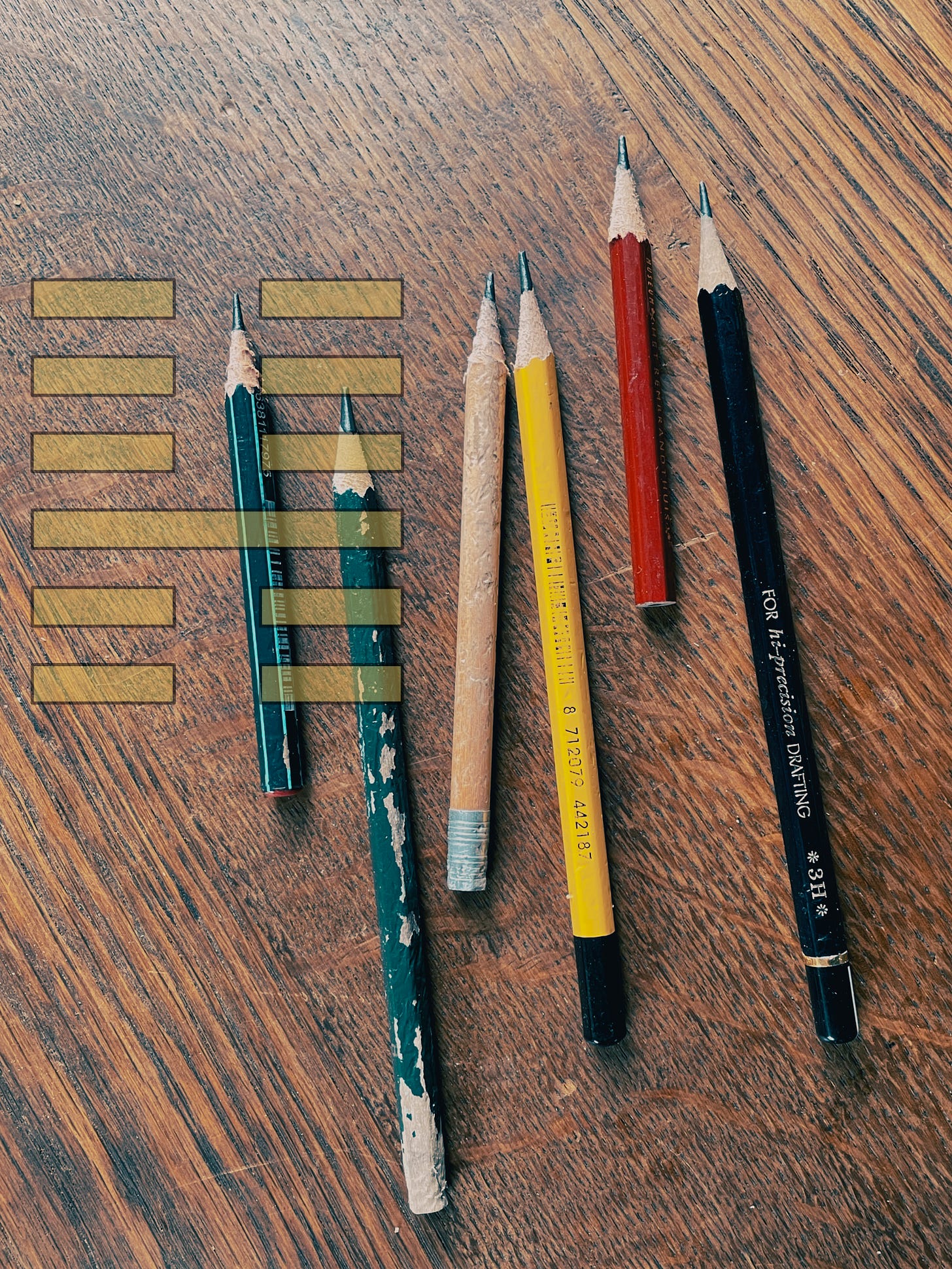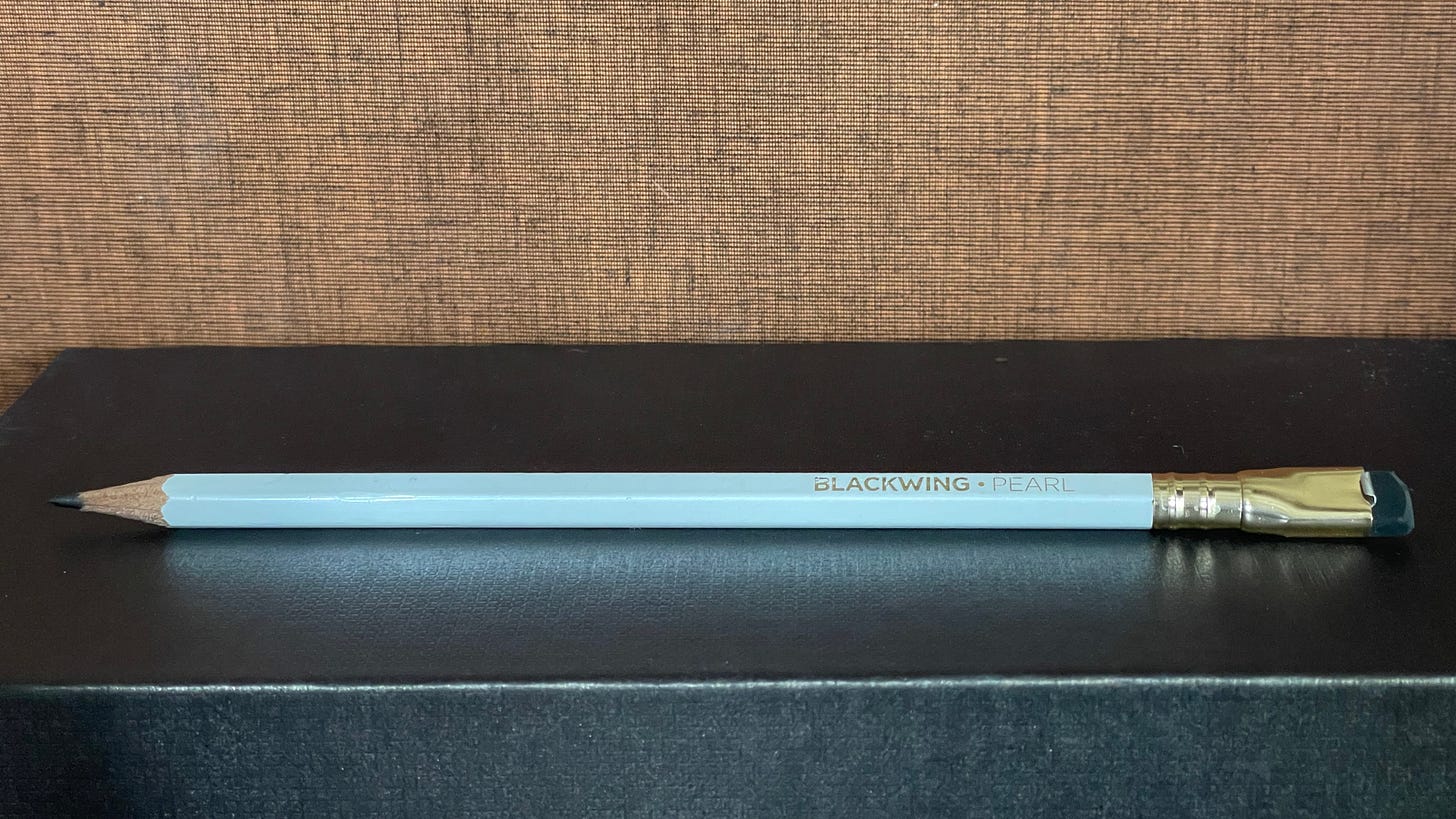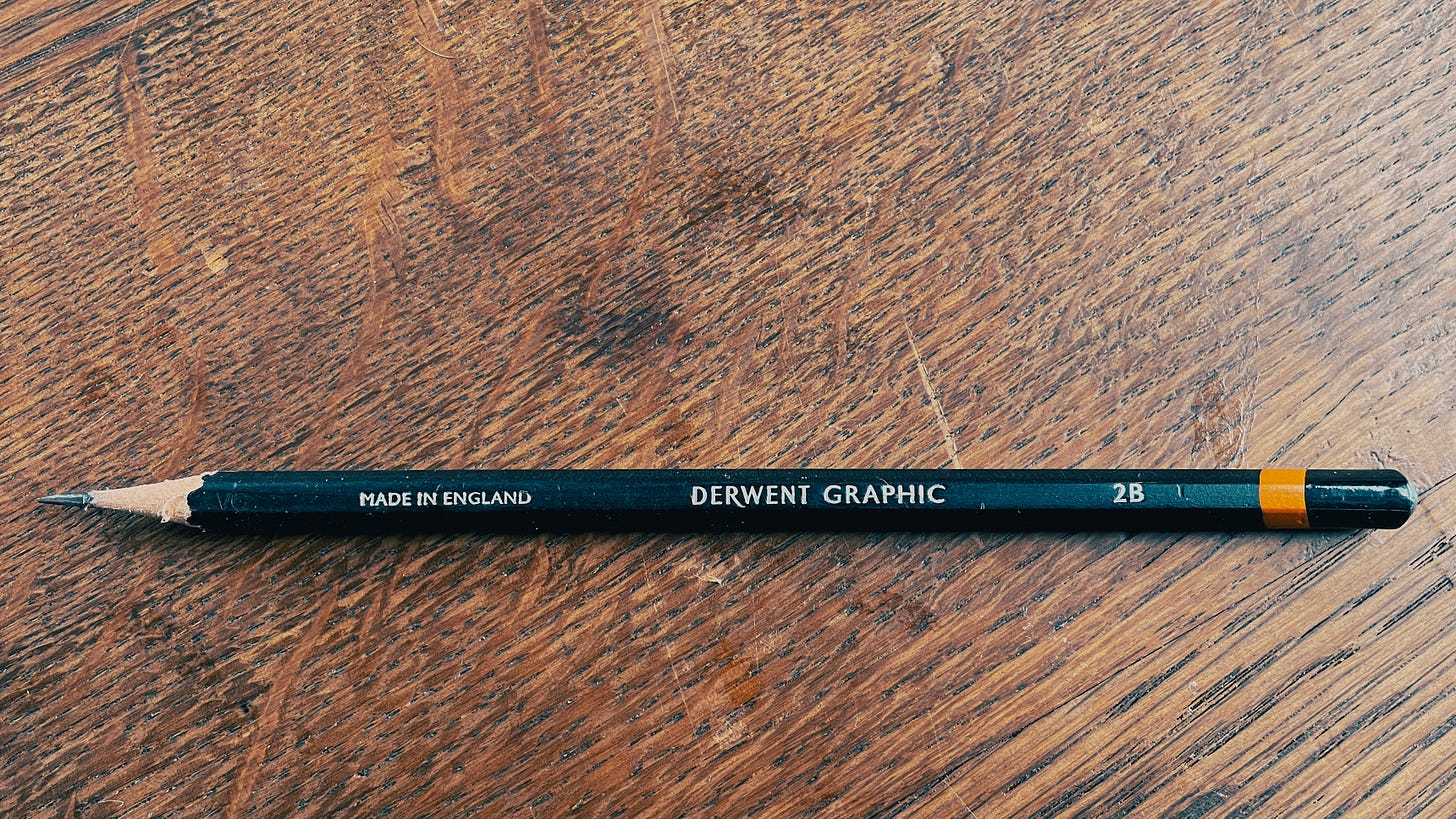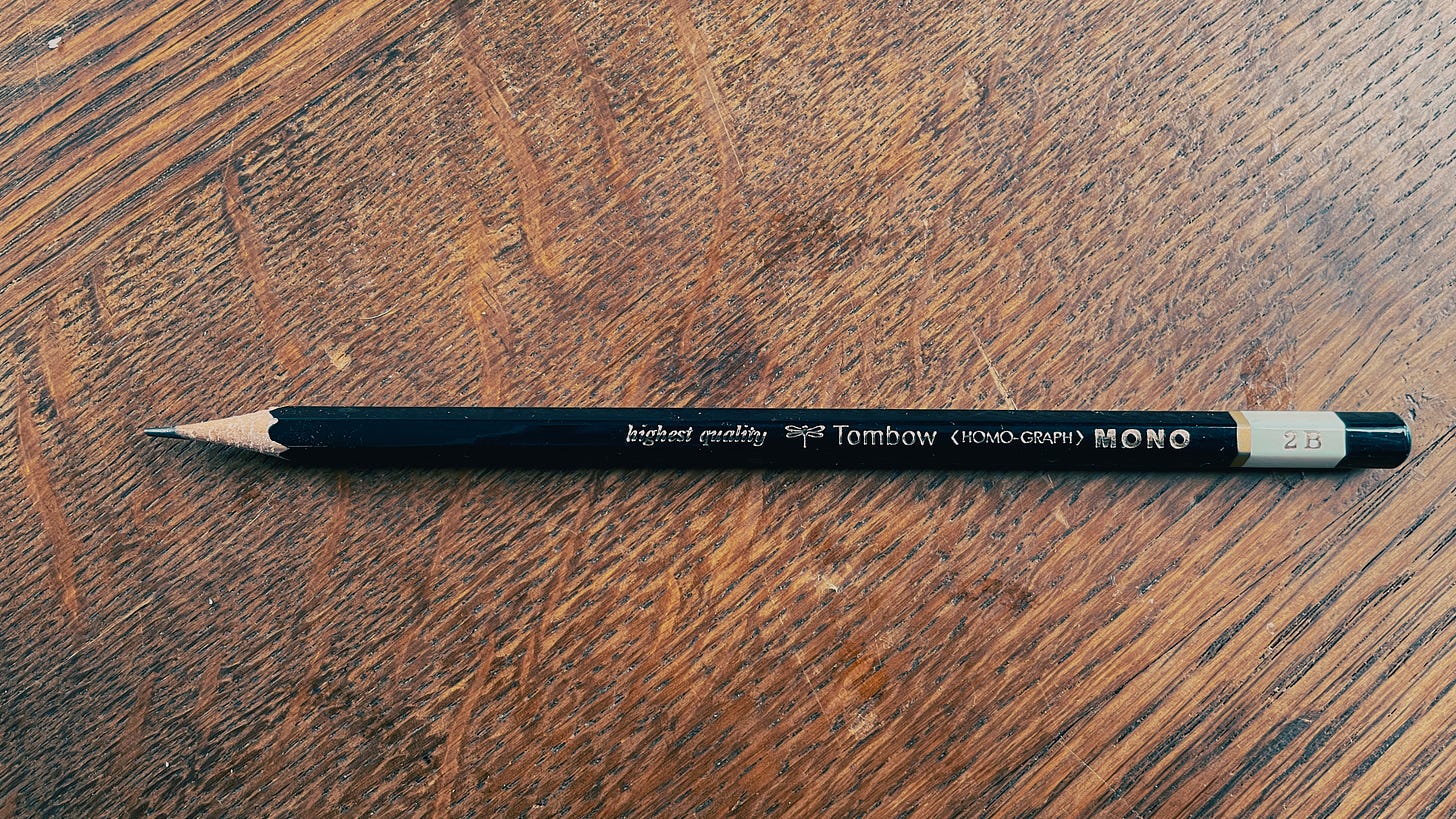The text of this post has been translated from Dutch to English with DeepL. It will be manually edited and streamlined soon.
THE IMAGE of the two trigrams: the Earth is above, a Mountain is below. A mountain below the Earth, a hidden mountain - a mountain that does not show its true stature. At least not a mountain that wants to tower over everything and be seen from a great distance. A Mountain under the Earth - the image of modesty.
For the original samurai go to Japan, unadulterated cowboys you will find in the Wild West, and for real speed skaters you have to be in the Netherlands. Endowed with a unique talent, the Frisian or Dutch stayer is unbeatable. The rest of the skating world fail miserably, apart from a stray Norwegian or American, but those exceptions prove the rule.
Until speed skating champion Bart Veldkamp invited a number of Kenyans to train at the Dutch speed skating rink. The idea was to see if these Africans, who only knew ice and snow from hearsay, could hold their own on skates. And whether they could be prepared for a marathon on ice. It was all to follow in the documentary Kluners from Kenya. At least the beginning of their skating adventure was very promising.
The prospect: build a series of ice rinks in Africa - and perhaps also in - say - Mexico and in New Guinea. Soon the Frisian and Dutch skaters will be standing next to the podium. Because skating legs they have - the still-non-skaters on those other continents. The only thing missing there for a thriving skating culture is an ice rink. A similar prospect exists for countless other sports if the edge in facilities and money of the dominant countries were to be levelled.
We have more field hockey fields and bike paths than the rest of the world put together. The life of Kenyan and Ethiopian runners is a continuous altitude journey. You have wealthy countries, poverty-stricken countries, countries where women are not allowed to play sports, countries at war, countries that are not allowed to compete, climatic and geographical factors that come into play... Take Pakistan, for example, a giant with 235 million inhabitants, but they have exactly one Olympic-sized swimming pool there, once built for the South Asia Games. You don't think Abdul of 9 from Lahore gets to swim in that, do you? Do you think they row in Nepal? Or sailing in Bolivia? By the way, nice example though, Bolivia. Party since 1936, but still waiting for the first medal, as the only South American country. So sad...
Arjan Schouten and Rik Spekenbrink in the AD
Nothing wrong with that, to be proud of one's own achievement. But before you realize, performing takes on a life of its own and the pure pleasure of doing it is pushed away by the constant comparison with others. At school, it is the relentless tests that disrupt play and free spirit. And then during gym class, which surely should be THE occasion for free play, follows the introduction to competition. What counts is winning the competition, and in fact, even at the stage when the members of the teams are chosen - the matter is already settled. It are always the same ones who are chosen first. And the same ones who are left last, who nobody likes to have in their squad.
The conviction sets in, that profit and loss - as well as the unfolding of the given talent - depends on nothing but the effort of the individual. While cooperation is the essential characteristic of human society, we do everything in this way to disconnect individual achievement from the web of circumstances and interconnections. What follows is pride in what has supposedly been achieved by nothing but ones own efforts.
Human culture is an accumulation of findings and inventions, of sharing mistakes and standing on each other's shoulders. One continues where predecessors ended. The motto of cumulative culture is ‘better stolen well than badly invented’. But during test and exam we sit in our own bench and cribbing from our neighbours is a sin. While in later life and career we are expected to cooperate and share knowledge with those same neighbours. It is the myriad factors beyond the individual that carry the real weight. Realizing that makes one proud, but above all humble.
You shouldn't attribute your success to yourself; that's completely reprehensible. If you do, you deny the contribution that others have made, the place where you were born, your education, your relationships. And perhaps even worse, you deny the role of chance. People sometimes ask me: when is the next Einstein coming? Then I say, he's already walking around somewhere. That's an eleven-year-old girl in Darfur. She does not go to school: she walks all day lugging water. And guess what her fate will be. She will be married off to a dirty uncle and then she will get malaria. When Einstein was born, there were two billion people on Earth. Now there are eight. So mathematically speaking, you know that somewhere on earth there are four Einsteins walking around. Luck or bad luck definitely plays a decisive role in your success.
Vincent Icke, professor theoretic astronomy and artist, in the NRC
When I put a dot behind the last word of an article, great relief follows without exception. After the long struggle with words and one last cursory read through, I slam my laptop shut with a content mind. It is done, I am satisfied.
Taking distance is beneficial. By leaving a story for a while and then picking it up again, as a writer you become an outsider to your own word. Transform yourself from writer to reader, and that reader wonders where all those warped sentences, superfluous words and faltering rhythm came from. Did the writer overlook them? Did he accidentally share an early version of the story with readers instead of the definite text? Leave it for a time, than the meat can hang. And it will cultivate some modesty about one's own ability.
Experiencing modesty can also be done by taking distance in space, allowing things to be seen in their perspective. Climb the steps of the local church tower and look down like a demigod on the world of mortals, which you have just transcended. You see yourself walking down the street, you see your own talking and thinking balloons, and your previously compelling emotions suddenly seem very relative from this distance.
Book a hot air balloon flight and look down from even greater heights over the land so familiar to you. From the passenger basket, the hustle and bustle of life down there hushes; gains and losses blow away with the wind.
Look up from the newspaper or your iPad and peer out through the round plane window to the world above the clouds. A mystical and humbling experience; all who lived in airplane-less times would envy you for it.

The astronaut chooses an even greater distance to look back at his life on Earth. In The Overview Effect, a number of astronauts share their experience of their "earth gazing. Before beginning their space journey, they imagined what it would be like to be able to observe the stars from outside the atmosphere. But to their surprise, they spent their free time in the space station not to look even further into space from there, but rather gaze back and rediscover Earth. Their lives would not be the same afterwards.
We can save ourselves building a space rocket. There are simpler options for experiencing something of humble humility. Escape the city on a cloudless day and head to the beach or the countryside, at least to a place with little artificial light. Wait until nightfall and find a deck chair, install a hammock, or simply lie on your back in the grass or sand. Look at the stars; no further instruction is necessary.
Still, if you are looking for more inspiration and encouragement to be absorbed by stars and galaxy at night, visit the Dark Sky Society's website. She is the whistleblower of the process of encroaching artificial light and the fading of the night sky. A generation of children is growing up that never saw the wonder of black infinity and the immeasurable number of tiny lights. Being able to see a dark starry night is not a luxury; it serves as the mirror of our existence.
I have loved the stars too fondly to be fearful of the night …
Sarah Williams
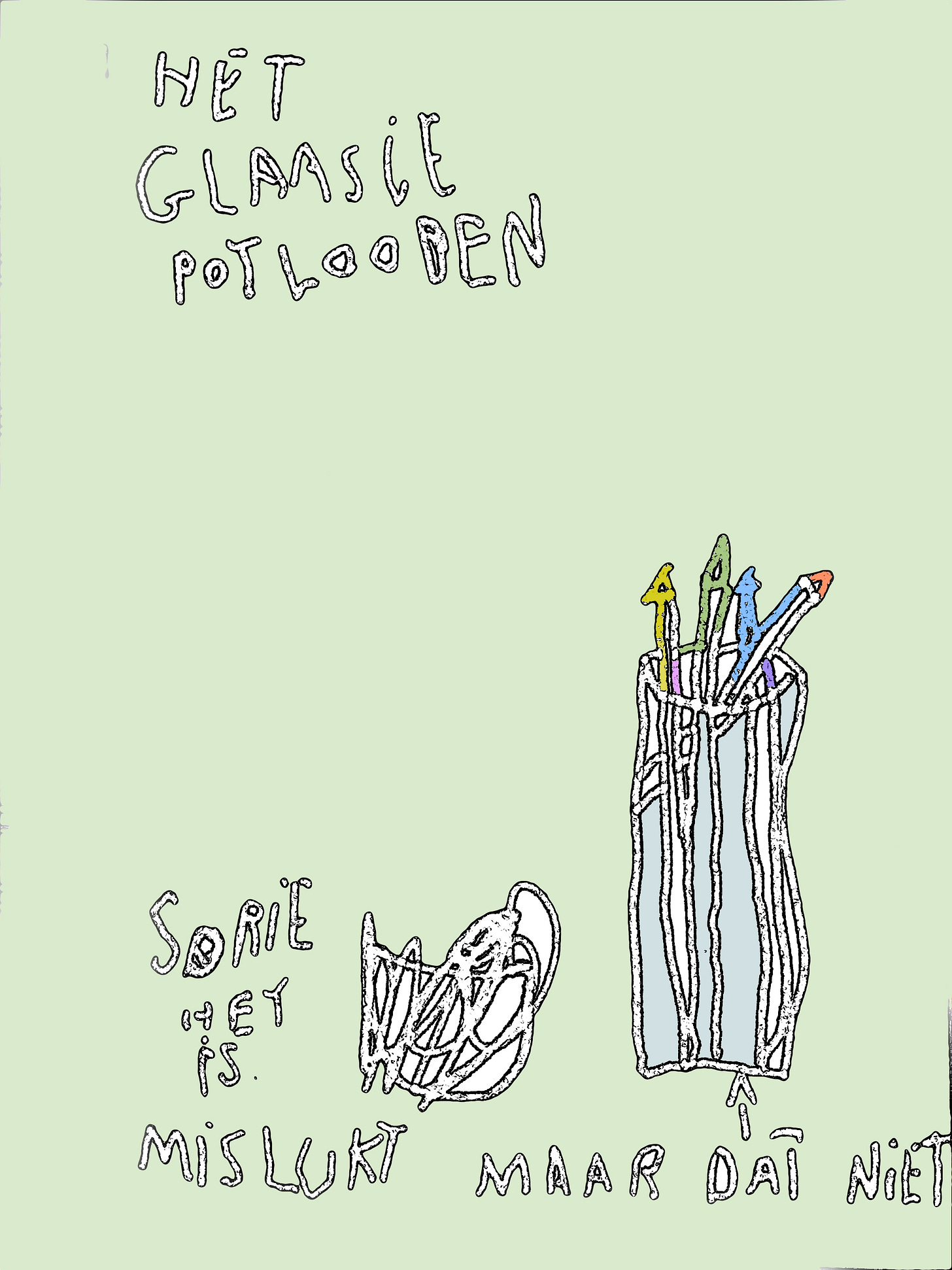
The third part will follow in the next coming days …

